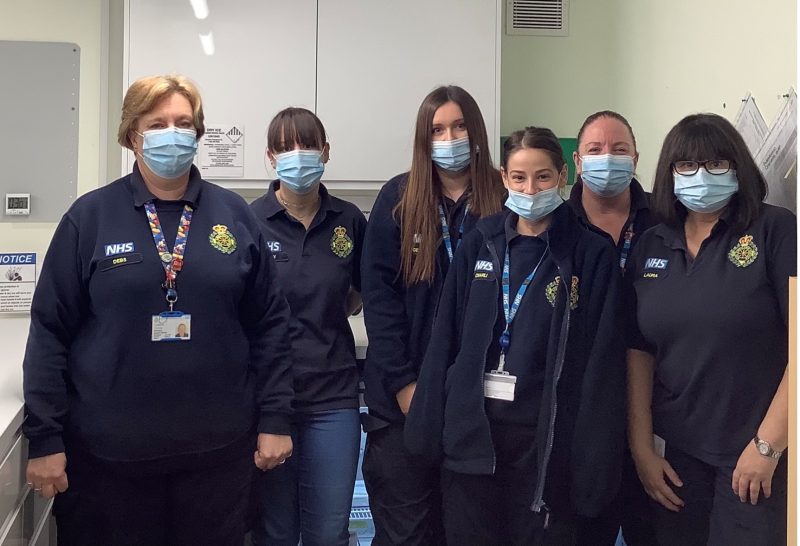This week is Medicines Safety Week and each day, our Medicines Team are sharing some of the steps we take in SECAmb to make sure we use medicines safely.
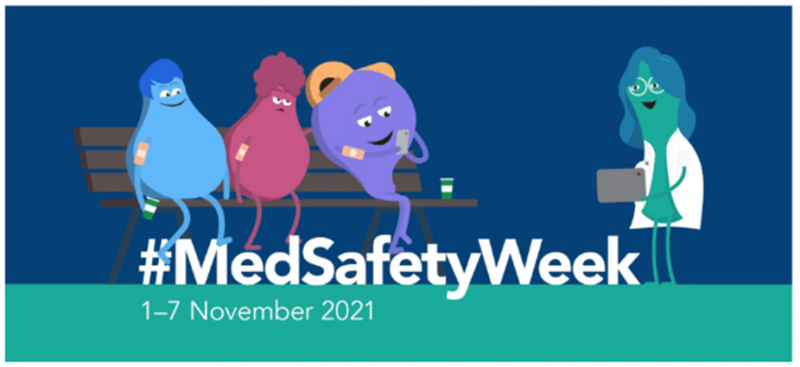
Day 1 – Today we’re looking at the Omnicell units that we use mainly at our Make Ready Centres to store and dispense controlled drugs (CDs) and medicines pouches to our clinicians. If you haven’t seen one in person, they look a bit like a vending machine for medicines!
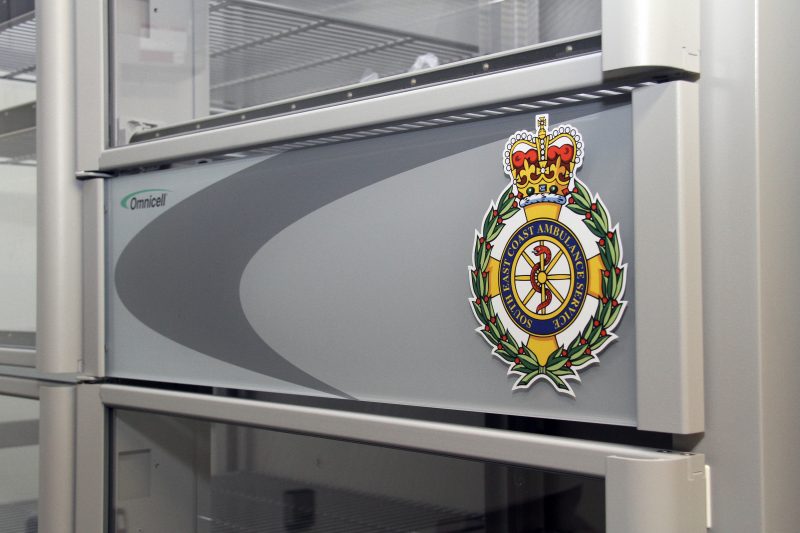
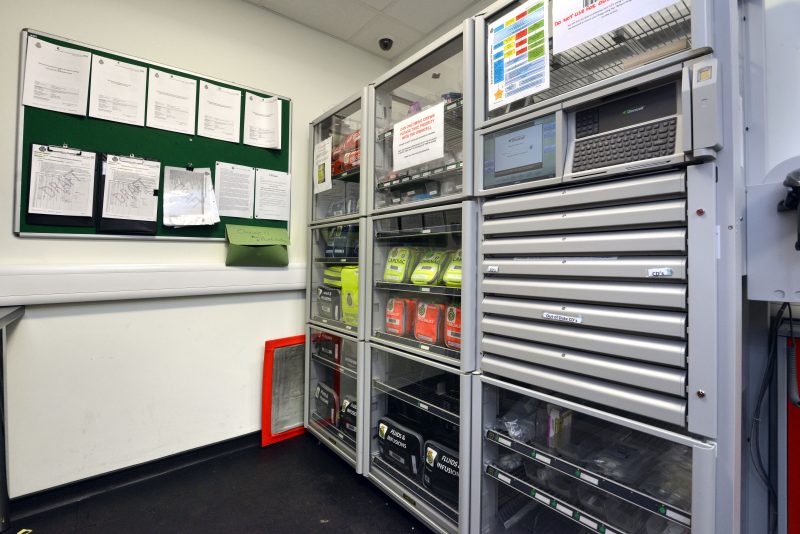
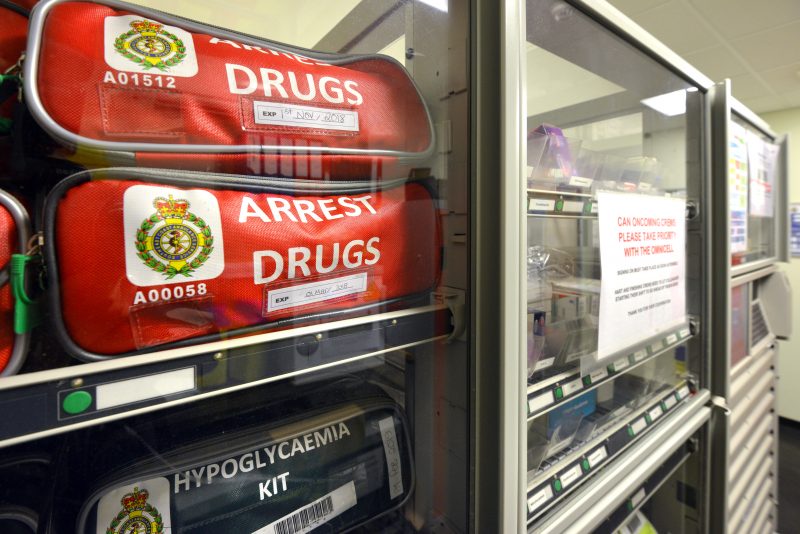
The Omnicell uses fingerprint access for our clinicians and records who is accessing the unit and when, which medicines they are legally able to use and keeps a record of who has logged in and out.
Day 2 –
Recent data has shown that between 5-20% of hospital admissions AND re-admissions are medicines related and almost 50% of all admissions are preventable. To help improve medication & patient safety, we employ 18 pharmacists within our NHS 111 CAS (Clinical Assessment Service).
They are able to rapidly escalate or de-escalate medication-related calls to support appropriate referrals to emergency services.
Day 3 –
Medicines safety in the ambulance is not as well researched as many other areas of the NHS but we’re very lucky in SECAmb to be able to call on the expert advice & support of Paramedic & Senior Lecturer Sam Laws, who teaches paramedic students about medicines & evidence-based practice and who’s a member of our Medicines Governance Group.
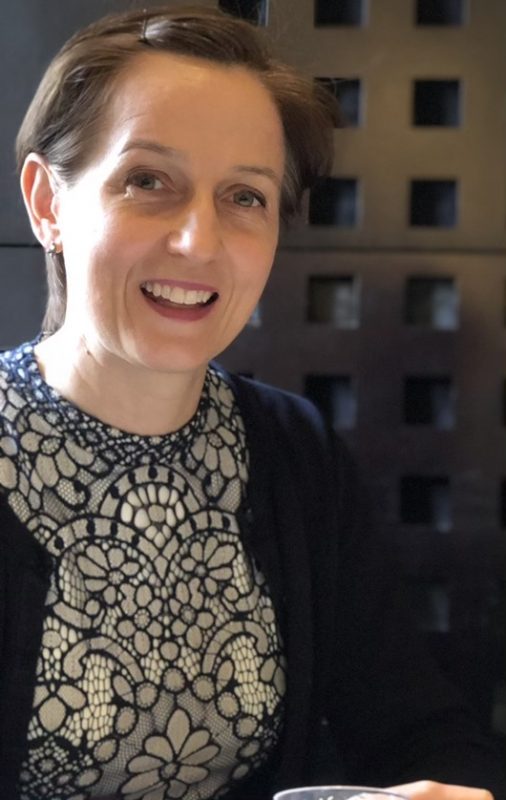 “I am fascinated by medicines but no one really knows how people actually use medicines in ambulance services or what happens in practice as there aren’t any studies on that yet. We know that sometimes things don’t go the way that was expected as we get incident reports but these don’t give us the thoughts and feelings and that ‘at the moment’ view of what was happening at the time.
“I am fascinated by medicines but no one really knows how people actually use medicines in ambulance services or what happens in practice as there aren’t any studies on that yet. We know that sometimes things don’t go the way that was expected as we get incident reports but these don’t give us the thoughts and feelings and that ‘at the moment’ view of what was happening at the time.
As I begin my PhD one of my first jobs will be to analyse medicines incident reports and then come out on ambulances, watch people using medicines and talk to them about how they use them, what practices and procedures they use and how they feel and what they believe about the process.
The aim is that if I can see how people use medicines in ambulances in the real world then I can start to understand the adaptions and the tricky bits that might be contributing to outcomes that aren’t as intended. Patient safety is the obvious goal but I suspect that it might also be about making things easier for the people using the medicines so that, in turn, there are less adaptions and less variances. Ultimately though, we’ll have to wait and see what I find out!”
Day 4 – Our Medicines Team have been instrumental in enabling us to set up our in-house Vaccination Programme which is providing the COVID booster and flu vaccines to our staff.
So far over 1500 of our staff have either had their vaccines or have a slot booked for coming week, helping to keep themselves, our patients and their communities safer.
Day 5 – At our Medicines Distribution Centre at Paddock Wood, our fab team pack and supply drugs pouches that are sent out right across the Trust. Last year alone, they supplied more than 43,000 drugs pouches to Make Ready Centres and ambulance stations for our clinicians to use.
